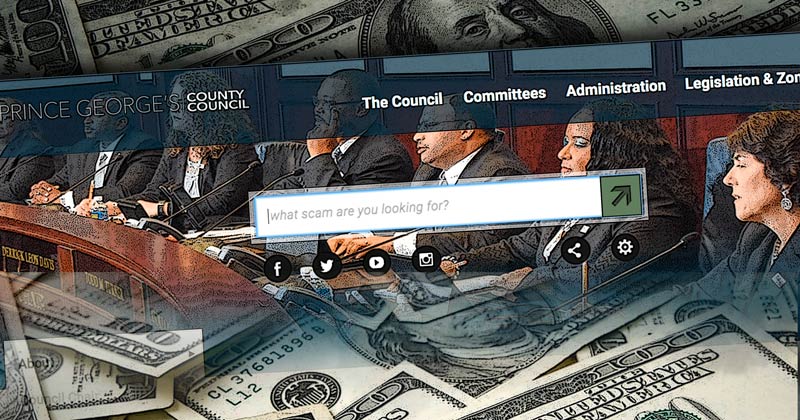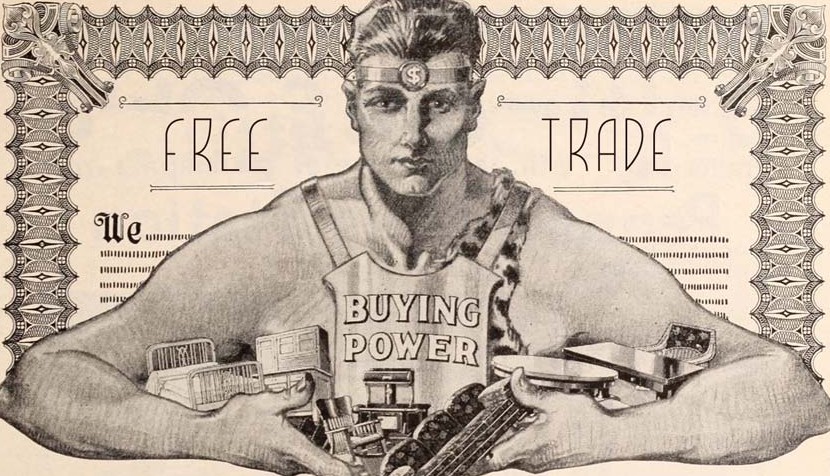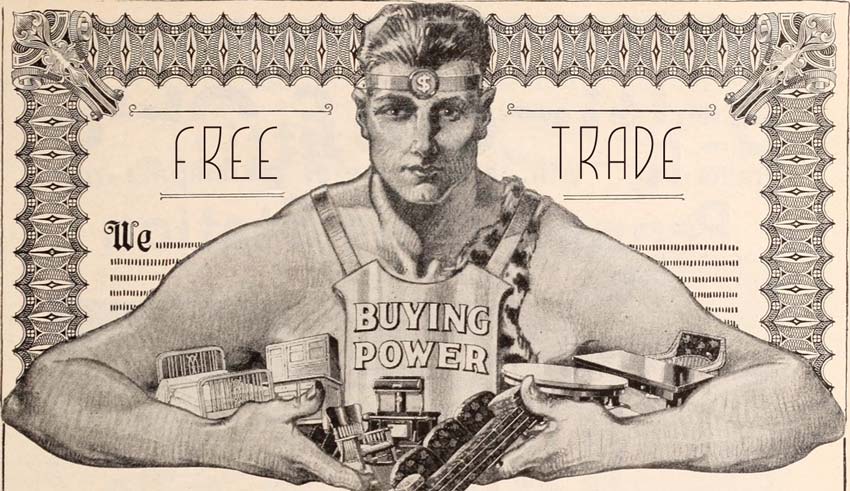Last Friday, I applauded massive protests that erupted in Romania — over a since-rescinded governmental decree to decriminalize graft up to $47,000. On Sunday at Townhall, I wondered why there weren’t similar demonstrations against the corruption afflicting Prince George’s County, Maryland.
The county, bordering the nation’s capital, lavishes its nine council members with a take-home car or a $10,315 annual vehicle subsidy. The car allowance comes with free gas.*
These emoluments might have gone unnoticed had the politicians proven able to drive better than they govern. In the last five years, they racked-up 16 car accidents and 107 traffic violations.
Councilman Mel Franklin accounts for four crashes — three resulting in injuries to innocent motorists. The cost of totaled county vehicles, and fixing other people’s cars and bodies? Nearly $100,000.
Two months ago, Franklin slammed into a stopped vehicle at a red light. He claimed he was tired. True enough, if being tired of driving drunk counts. The police breathalyzer found him legally intoxicated.
Councilwoman Karen Toles racked up 47 tickets, including one for driving 105 mph on the Capital Beltway. Her excuse? She had been too busy applying make-up and sending emails on her cellphone to notice swerving across the multi-lane freeway at that speed — “executing,” she explained, her “duties as a public servant.”
An ongoing FBI probe has led to the indictment of two other county officials, a guilty plea by a state legislator and another legislator resigned awaiting indictment.**
Obviously, political corruption is not confined to other countries.
Just as obvious, providing top pay and benefits to politicians hardly guarantees the best and brightest.
This is Common Sense. I’m Paul Jacob.
* And these perks are on top of the councilors’ $114,000 part-time salary, healthcare, pension benefits, etc., etc., etc.
** Five ears ago, infamy found the county executive on a wiretap telling his wife to stuff $80,000 in bribe money into her bra.











